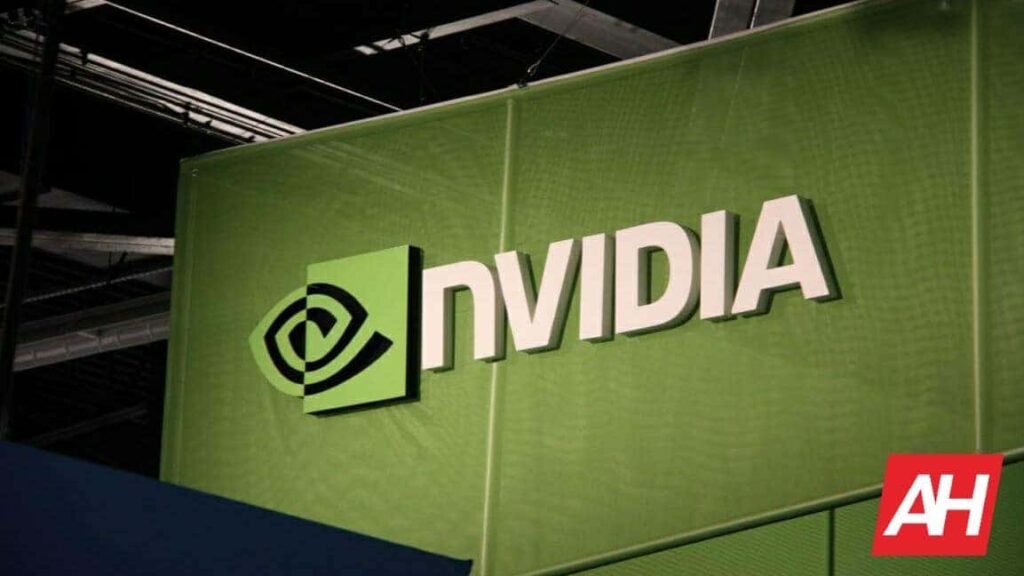The tech industry has been abuzz with concerns over the potential impact of Trump’s tariffs. Many are eagerly awaiting a moment of stability, from company executives to consumers who enjoy tech products. However, in a surprising turn of events, Jensen Huang, the CEO of NVIDIA, has publicly expressed his support for President Donald Trump’s tariffs. In fact, he went as far as to describe them as “truly visionary.”
This unexpected endorsement came during an interview with Bloomberg, following NVIDIA’s announcement of yet another record-breaking quarter in revenue. NVIDIA, a major player in the tech industry known for powering much of the world’s artificial intelligence advancements, holds significant influence in the industry.
According to Huang, these tariffs are a strategic move that will encourage investment and “re-industrialize” the United States. He sees them as a means to bring manufacturing and tech development back to American soil, reducing reliance on overseas production. For NVIDIA, a company leading the AI revolution, having a strong domestic base for production and innovation could be a significant long-term advantage.
Huang also commended the decision to rescind the “AI diffusion rule.” This rule had implications for how American AI technology could be shared or used internationally. By removing it, Huang believes that it will “accelerate the use of American technology worldwide,” benefiting companies like NVIDIA that create such technology.
While Huang’s support for the tariffs is clear, not everyone in the tech industry shares his enthusiasm. For instance, HP CEO Enrique Lores recently announced price increases on their products to offset the additional costs resulting from the tariffs. This disparity highlights the diverse opinions within the industry on how tariffs impact businesses and consumers.
For Jensen Huang, the focus seems to be on a larger vision. He envisions a future where America leads in technology and has a more self-reliant industry. In a landscape where tech CEOs often tread cautiously in political matters, Huang’s bold statement stands out. It serves as a reminder that even prominent figures in the tech world may not always agree on economic policies.

